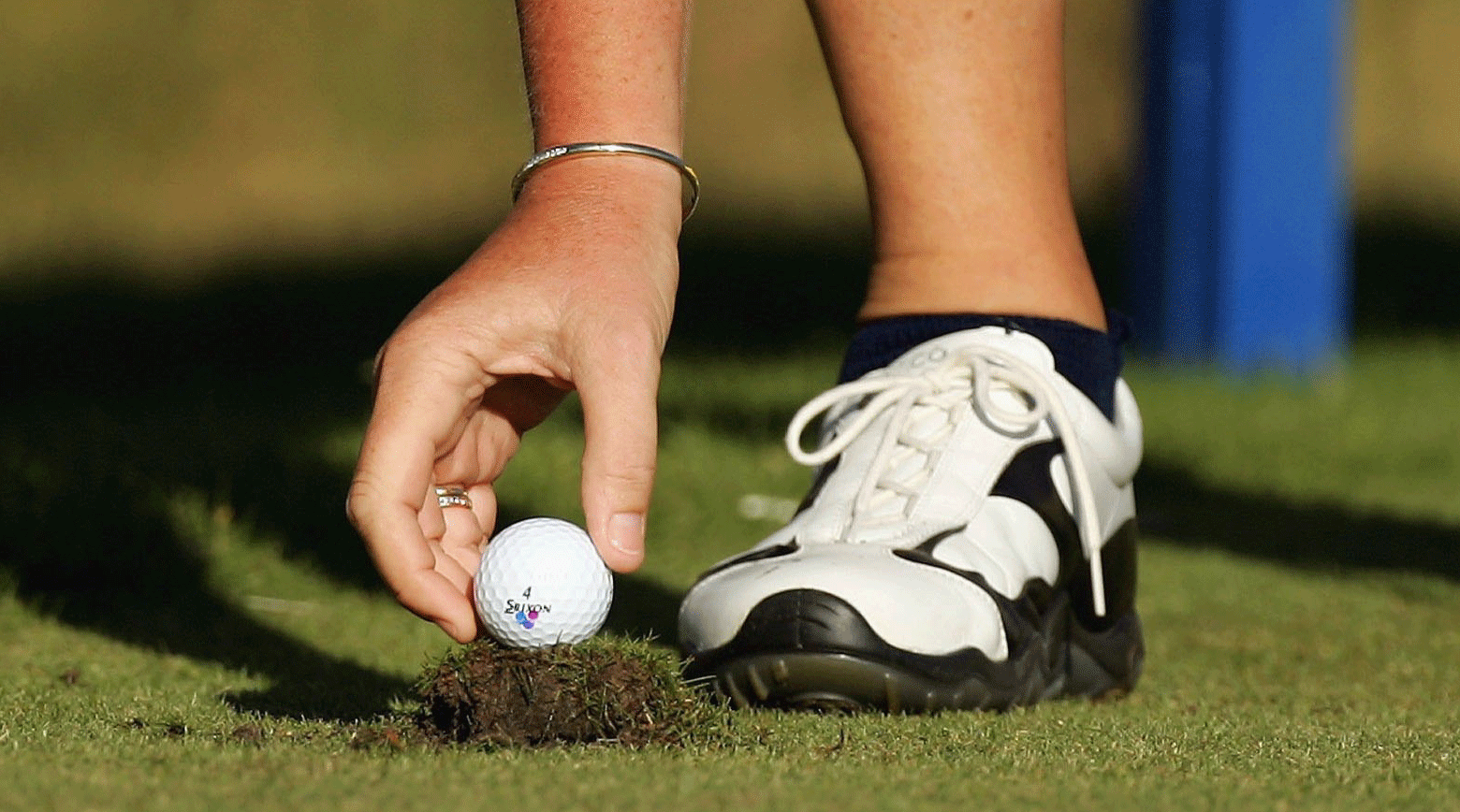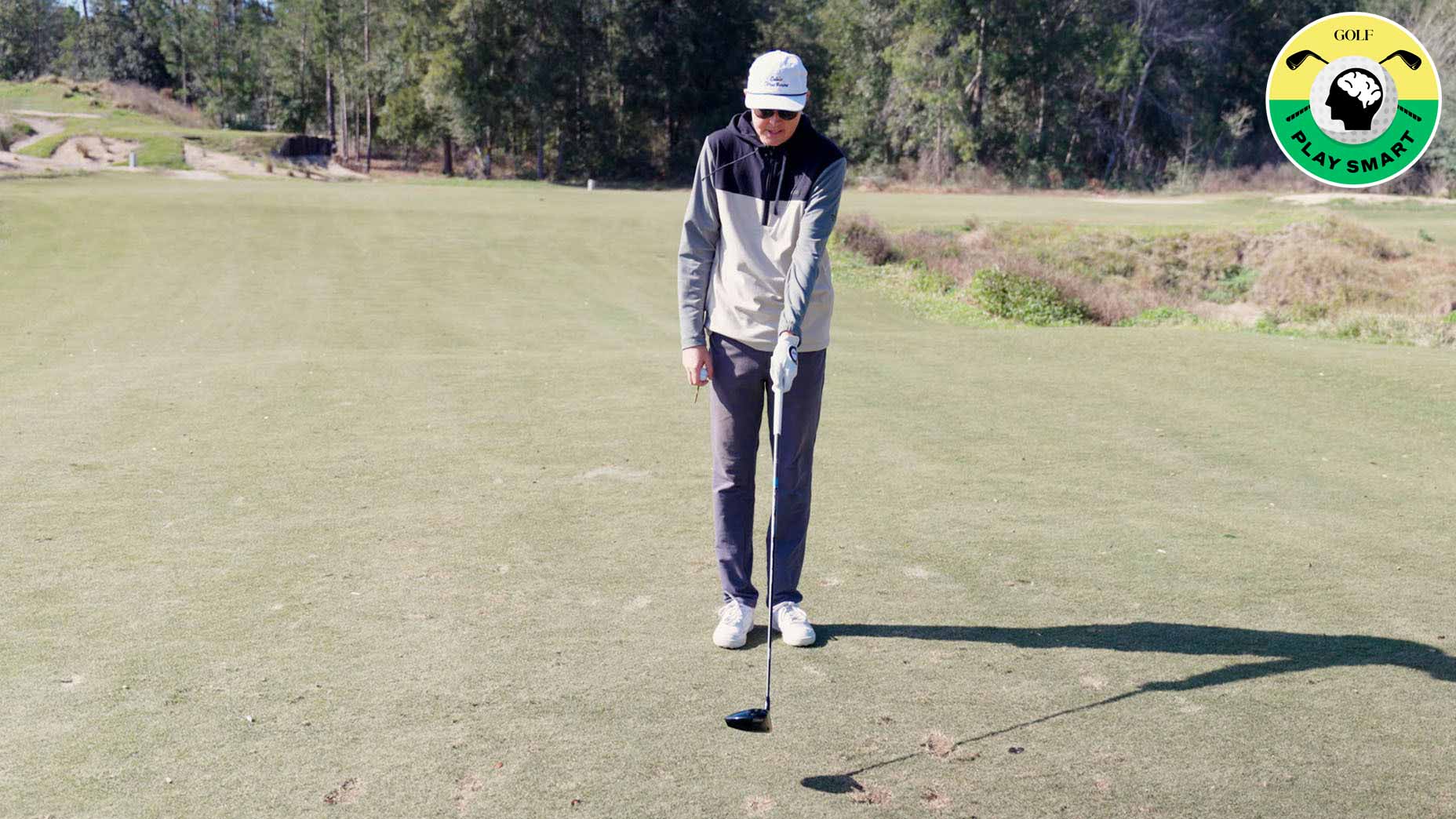 Anthony Kim’s 3 tips for hitting your driver straighter than ever
Anthony Kim’s 3 tips for hitting your driver straighter than ever
Are there benefits to building your own makeshift tee?

Hell hath no fury like the Twittersphere.
European Tour pro Joakim Lagergren felt its wrath last weekend when online commentators tore into him for what they saw as an egregious violation of golf etiquette.
His alleged offense? During Sunday’s final round of the Alfred Dunhill Links Championship in St. Andrews, Lagergren, a 27-year-old from Sweden, pounded on a tee box with his fairway wood to create a makeshift tee.
“No respect for the greenskeepers who spend hours getting the course perfect,” one outraged fan tweeted. “Obnoxious” and “idiot” were other words of choice.
No tee, no problem. 🔨
— DP World Tour (@DPWorldTour) September 29, 2019
#DunhillLinks pic.twitter.com/VTN3ZFiJvr
ADVERTISEMENT
Like so much on social media, this was nonsense.
In golf, there is a long, accepted practice of players dislodging turf on a tee box. It’s called taking a divot. Creating a makeshift tee is even less disruptive and it’s perfectly okay.
So Lagregren committed no transgression. But he did provide us with a teachable moment: He reminded us of a useful way to peg your rock, according to GOLF Magazine Top 100 Teacher Jon Tattersall.
Tattersall says that teeing the ball low on a mound of tufted turf encourages a downward strike with forward shaft-lean, producing a lower launch with less spin — a handy approach in windy conditions.
“More players used to do this when we had balata balls and wood woods,” Tattersall says. “It helped us launch the ball lower to get it as far out as possible before the spin provided too much lift into the wind.”
In the modern era, tee-building isn’t nearly as common a practice; four-time major winner Laura Davies is one of few players who still regularly employs the technique. But it still has a place, especially in pressure-packed situations.
“Players will tee it low under the gun because they feel like they can smash on it, producing a lower, fading flight,” Tattersall says. “Not optimal but predictable — if there is such a thing as predictable in golf.”
It worked well for Lagergren, who tied for third at the Dunhill.
Take that, Twitter.
ADVERTISEMENT






